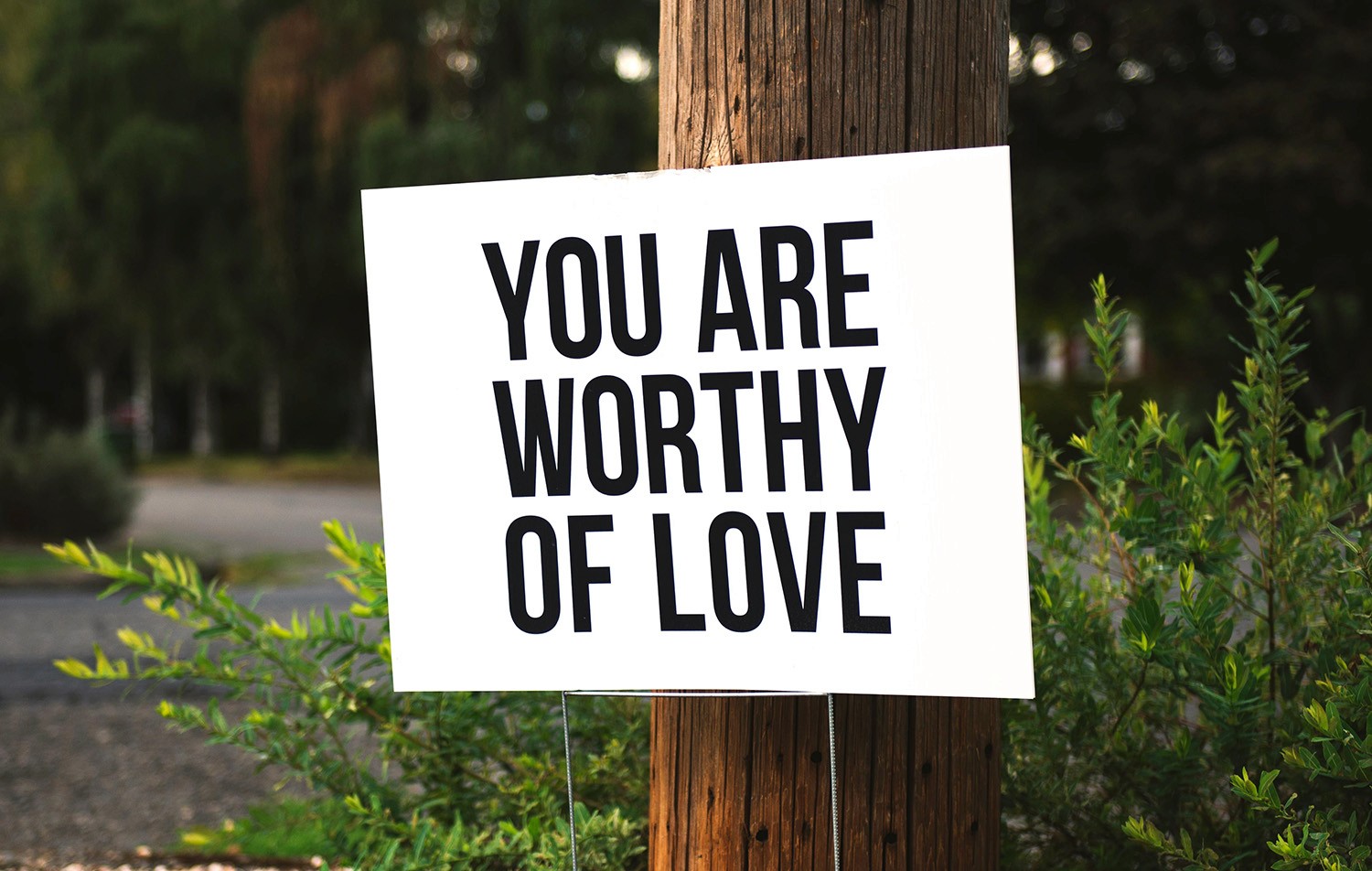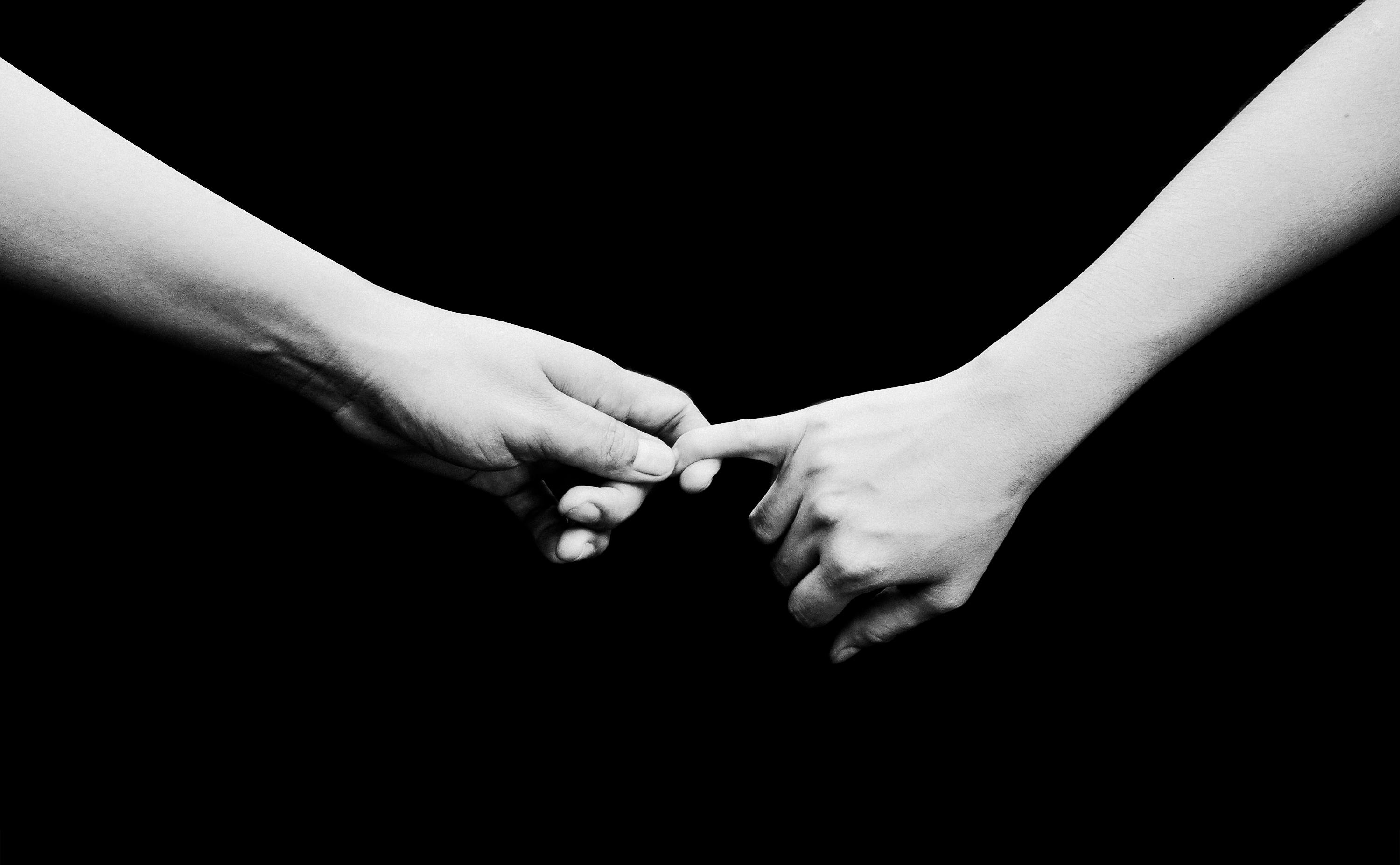Khaled Hassan
Jun 29, 2024
It is important to take care of men. This is because healthy men are essential for safe streets, safe homes, safe families, safe workplaces, and ultimately safe societies. When men are able to thrive, we are all able to thrive together. When men are hurting, we all hurt together.
The goal of this article is to explore how some lessons from Ayyub’s (AS) story are particularly relevant to men when they are hurting (to help get these lessons across, I will be using an example from my own personal life). So for the men who struggle with loss or the feeling of being trapped in a hard situation, this is for you. I hope that you will take something away that can ease your mind and heart a little.
But first, I would like to make two special requests:
I would like to ask that you allow yourself, as a man, to be seen. As men, being seen and heard is a privilege that we don’t often get to experience in our personal lives. As such, we often don’t have a lot of mental room to feel our feelings and admit our emotional needs. Use this article as an opportunity to break out of that painful norm.
I ask that any women reading this please exercise empathy. Just like with being seen, men do not receive a lot of empathy in the modern world. Judgment finds us a lot faster than empathy or compassion do when we open up. So as I make the effort to be a little vulnerable in this article for the men reading this, please have an open heart.
With that said, let’s begin. Bismillah.
We have a tendency to elevate Allah’s prophets to such a high status that we actually hurt ourselves. This is because in the process of raising them so high above us, we somehow separate our human experience from theirs. But in reality, the prophets felt everything that we all feel, everyday. Their humanity was exactly like ours.
All of the emotions, aspirations, needs, and hardships that we all go through, they also went through. So what sets them apart from us is not some divine wall of light, it is actually much simpler than that: prophets just respond to life better than we do. This is why we admire them and follow their examples. Again, they simply respond to life better than we do.
Ayyub (AS) is a powerful example of the right way to respond to tragedy. A lot of pain was thrown his way: he found himself without strength, without money, without friends, without health, without a home, without community, and he was utterly helpless to do anything to improve his situation. We can only imagine how heartbreaking his experience must have been. However, Ayyub (AS) responds to his adversity in a manner that is inspiring.
Now, going back to men, what does all of this have to do with their mental health?
Well, in the modern age, many men find themselves in Ayyub’s (AS) exact situation. Out of nowhere, many of us are dealt a very difficult hand, sometimes from very early in life, and it can just pile on as the years go by. For some of us, it can feel like we’ve been put into a world just so that we can be punished for existing. Yet, despite not knowing how long the hardship will last, despite having little to no empathy or guidance from others to rely on, and despite living in daily pain, as men we stubbornly choose not to give up. Instead, we choose resilience, to hold onto faith and hope as much as possible. Many men today are just like Ayyub (AS) during his trials.
This is particularly brutal for us because as men, Islamically speaking, Allah created us to find fulfillment through serving as providers, protectors, leaders, and warriors. So what happens when we find ourselves in Ayyub’s (AS) situation and we just can’t fulfill our roles? It’s an extremely painful conflict. “I am supposed to be strong enough to serve everyone and protect everyone. Yet, I am completely helpless.” This is where Ayyub’s story offers us perspective on what hardship really is and where a man’s worth truly comes from.
Back in 2018, almost 6 years ago, I personally was going through a lot of what Ayyub (AS) had gone through, including the health problems. In my case, I had a tumor that had left me crippled for a while. I was not practicing Islam at the time, so my sense of meaning was based entirely on outward success: friends, family, women, money, job, health, fitness, etc. But it all fell apart for me and I sort of had none of them for a while. Needless to say, this took a tremendous toll on my mind.
When I learned about Ayyub’s (AS) story, I literally broke down. Not only was it the first time I truly felt like my Creator knew me, but it also shook the foundation of where I believed my dignity as a man came from.
The Quran says,
“We have dignified the children of Adam.”
Quran | Surah Israa | 17:70
This taught me that a man’s worth, my worth, is not determined by people or possessions because dignity is given to us the day we are born - this transformed my outlook on everything. Instead of chasing dignity, my job was actually just to preserve it (by being morally upright and avoiding depraved behavior). Being broken shifted my identity.
You see, by design, our identities need to be attached to something solid. Otherwise, we simply cease to function as the emotional chaos of not knowing who we are is too much to handle. At a superficial glance, we might interpret being detached from success and people in the Dunya as a bad thing, but it is actually a gift. It is Allah’s way of forcing us to search for something solid all over again and those who are sincere eventually find that there is nothing more solid than their Creator. They realize, “I can lose anything at any time. Anything can fail me or leave me at any time. But my Creator, nobody can touch that. Nobody can take Him away from me.”
This realization is an invitation from Allah to open your heart and do what you were born to do: to build an identity around a relationship with your Creator. By doing this, by fulfilling your purpose, you will experience an unshakable identity for the first time in your life. This is because no matter what you go through outwardly, nobody can take your Creator away from you. Amazingly, Allah responds to this with a special kindness that is reserved for those who fulfill their purpose and become devoted.
As the Quran says,
“If you are grateful, I will increase you...”
Quran | Surah Ibrahim | 14:7
This is a promise from the Creator of all existence and it is a powerful promise.
So even when a man is unable to get ahead in life, he can always get ahead in his relationship with his Creator and in his character. And when a man can make his relationship with his Creator and his character a greater priority than everything else, he earns something tremendous for his masculinity and his mental health: courage. Funny enough, that courage becomes the key to rebuilding a beautiful and fulfilling outward life.
So being broken, while it feels absolutely horrible in the moment, is an opportunity Allah gives to people to rebuild themselves free of the sickness in their culture. It is a way in which Allah invites men to become their highest selves and to protect them from being washed away by the tides of superficial, godless living. And when the lesson is learned, Allah opens the doors to the Dunya, again. Having rebuilt your identity around Allah, now you are ready to live morally, to fulfill your duty, and so you are free to go back into the world.
Going back to Ayyub’s (AS), how does his story end?
The Quran says,
And [remember] when Ayyub cried out to his Lord, “I have been touched with adversity, and You are the Most Merciful of the merciful.”
So We answered his prayer and removed his adversity, and gave him back his family, twice as many, as a mercy from Us and a lesson for those who rely on and are devoted to Allah.
Quran | Surah Al-Anbya | 21:83-84
As men, our pain is not meaningless and Allah is not ignorant to what we experience. Ayyub (AS) is estimated to have gone through all he did for several years (Some tafaseer even suggest as many as 18 years). However, Ayyub (AS) never abandons hope in his Creator and in the end, Allah increases him with more than he had before he lost everything.
The Messenger of Allah (AS) said that,
“Paradise is surrounded by adversity and Hellfire is surrounded by desires.”
Hadith | Sahih Muslim 2823
Men who have easy lives never learn courage or gratitude and so they always remain small and miserable, but people who experience what Ayyub (AS) went through and find their Creator in the process, they learn how to become leaders. They learn the value of adversity and are not afraid to face it anymore because they know they can handle it. They learn the value of the gifts that Allah gives them because having gone through so much it is hard to take things for granted, again. For these people, even the smallest blessings begin to feel big.
So, let’s practice seeing the good in our pain because it makes us into men. Let’s be grateful to Allah because our dignity can only come from him. And because we are dignified, we do deserve help when we need it, so let’s learn to ask for it from Allah and from people with courage. Lastly, let’s be gracious enough to accept the help when it comes because sometimes the medicine doesn’t taste very good and that’s okay.
May Allah give us the strength to overcome our obstacles, support from others when we need it, and moments of rest when we are tired. Ameen.



